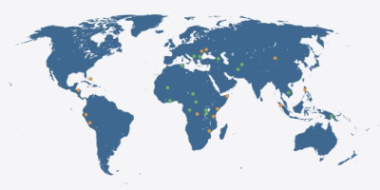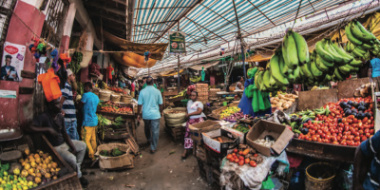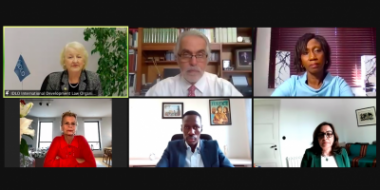Increasing accountability for sexual and gender based violence
Rates of sexual and gender based violence (SGBV) remain high in Uganda due to cultural practices, continued internal displacement, and low capacity of the justice system. IDLO is working to advance accountability for SGBV crimes committed in times of or after armed conflict in Uganda.










